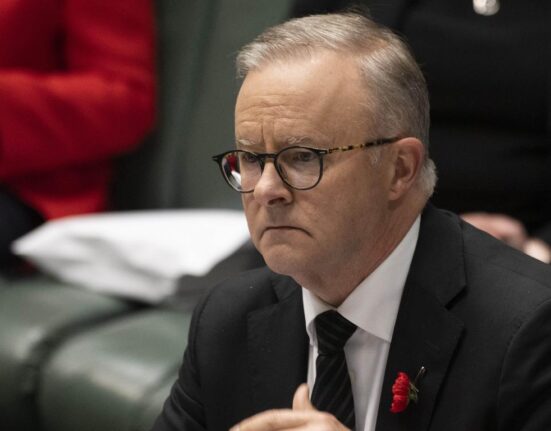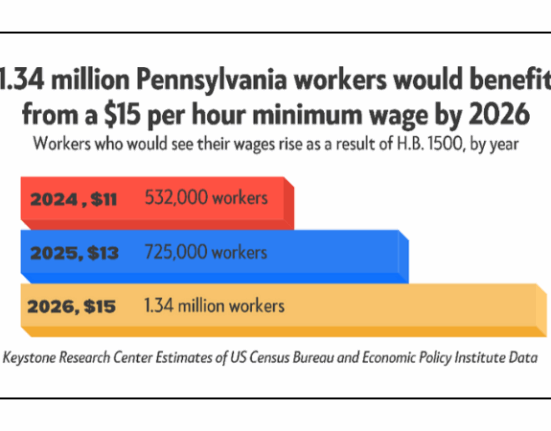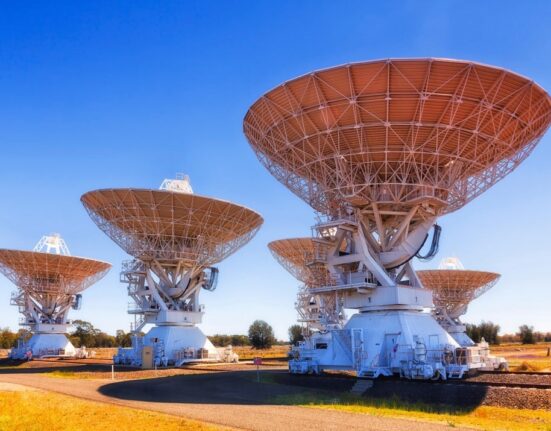Gas, once considered a dirty word by the Labor party, is now at the center of a heated debate about Australia’s energy future. With Anthony Albanese’s controversial decision to support a four-decade extension for Woodside Energy’s North West Shelf project, the government is treading a fine line between securing natural gas supplies and addressing climate change concerns.
The extension plan has been labeled a “carbon bomb
” by campaigners, who warn about its potential impact on global warming. Despite these objections, Albanese’s administration sees natural gas as a crucial “
transition fuel
” towards achieving net zero emissions. As Albanese put it, “
It’s net zero, not zero. You can’t have renewables unless you have firming capacity.”
While Labor is pushing for a rapid transition to renewable energy sources, it recognizes the current importance of natural gas in Australia’s energy mix. The country aims to significantly increase its reliance on renewables by 2030, with targets set for renewables to meet the majority of electricity needs.
However, this push towards renewables hasn’t resolved the ongoing dilemma surrounding natural gas. Environmental groups argue that gas usage should be minimized and phased out swiftly to combat climate change effectively. Even within Australia’s mining industry, there are concerns that extending projects like the North West Shelf could hinder progress towards reducing fossil fuel dependence.
Dino Otranto from Fortescue pointed out that such decisions raise questions about Australia’s climate ambition. He stated that locking in gas extensions contradicts efforts to transition away from carbon-intensive fuels. This tension reflects broader challenges faced by governments worldwide in balancing energy security with environmental sustainability.
The Australian Energy Market Operator has highlighted gaps in infrastructure development needed to support renewable energy expansion adequately. The slow transition from gas-powered appliances to electric alternatives poses another challenge. Additionally, declining production from legacy gas fields underscores the need for new domestic supplies to prevent potential shortages.
Woodside CEO Meg O’Neill emphasized the evolving discourse around gas in Australia and acknowledged the importance of managing the pace of energy transition carefully. Government support for an expanded gas industry aligns with strategies aimed at facilitating both national energy transitions and international decarbonization efforts through LNG exports.
The approval of projects like Woodside’s Karratha extension opens doors for further developments in untapped resources like the Browse basin and signals increased government backing for strategic investments in gas infrastructure nationwide.
Moreover, initiatives such as new pipelines or LNG import terminals are gaining traction as part of efforts to mitigate risks associated with transitioning energy markets.
Despite these developments favoring the gas sector, contentious projects like fracking in Northern Territory and Santos’s Narrabri proposal face continued opposition due to environmental concerns and cultural impacts on indigenous communities.
As stakeholders navigate this complex landscape balancing economic imperatives with environmental responsibilities remains critical for shaping Australia’s future energy trajectory effectively.









Leave feedback about this